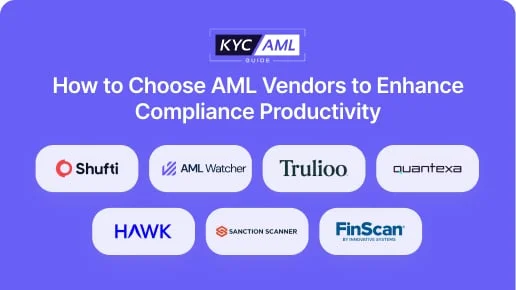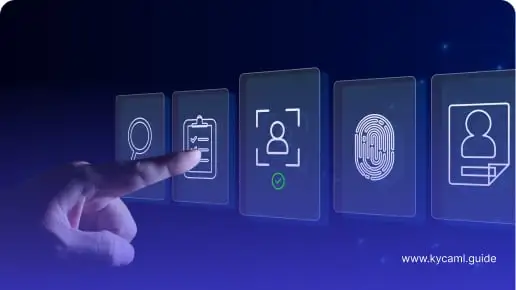What is Vendor Due Diligence?
Vendor due diligence is the process of assessing the risks associated with working with a particular vendor or vendor. Also known as supplier due diligence and vendor risk management. It helps organizations avoid or reduce risks. Similarly, sellers can do their due diligence. This is called seller due diligence.
When should you assess vendor risk?
a. Sourcing new vendors
You should perform initial vendor due diligence during the procurement process. Vendor risk assessments are performed only on a short list of candidates to avoid unnecessary work. The list usually consists of a group of 5 vendors with the strongest offer. Once you’ve identified this group, create and send out a vendor due diligence checklist.
b. Intermittent throughout the partnership
Conditions, regulations, and risk factors are constantly changing. This is why it is important to keep up-to-date records throughout the partnership. Therefore, make sure that your vendor due diligence process becomes part of your supplier relationship management routine. The frequency of these updates depends on the vendor’s importance to your business. We recommend regular quarterly, semi-annually, or annual vendor due diligence.
c. Change of circumstances
If changes occur outside of the normal evaluation cycle, you may need to request an updated vendor due diligence questionnaire. There are several scenarios to be aware of.
- Major changes in the vendor’s management team.
- Significant financial shifts or instability.
- New regulatory requirements affecting the vendor.
- Introduction of new products or services by the vendor.
- Changes in the vendor’s ownership or structure.
What are the Benefits of Vendor Due Diligence?
Regardless of which side of the story you are on, vendor due diligence has many benefits. Your company may gain the following advantages by conducting vendor due diligence:
For the Seller
- It helps to identify financial, commercial, and operational risks.
- People have a clear idea of what to expect from your business.
- The vendor’s due diligence will reveal any issues or areas that could affect the valuation as a seller.
- You’ll have access to more sales data and be confident in the accuracy of your numbers.
For the Buyer
- For buyers, presenting objective information about sellers allows them to make more informed decisions.
- This reduces the time it takes for a vendor to onboard and complete a transaction.
- When it comes to vendor negotiation and management, it becomes clearer who owns the process.
Vendor Due Diligence Best Practices
To ensure an effective vendor due diligence process, companies should consider implementing the following best practices:
1. Standardize Process
Develop a consistent process for evaluating vendors. Standardized checklists, criteria, and scoring systems ensure more objective and comparable results.
2. Do Thorough Research
Dig deep into the provider’s history. Understanding past performance, litigation, and overall records can provide valuable insight.
3. Visit Vendor Facilities
Visit the location if possible. This allows us to immediately assess a vendor’s business operations, infrastructure, and working conditions.
4. Assessing Vendor Network
Understand the suppliers behind your vendor. Assessing the reliability and quality of your supply chain can help prevent potential disruptions.
5. Customer Feedback
Speak directly to the vendor’s past and current customers. Their experience gives you insight into the reliability, professionalism, and quality of services.
6. Document Findings
Keep detailed records of your due diligence process, conclusions, and any recommendations. This not only helps with decision-making but also serves as a reference for future evaluations.
Conclusion
Vendor risk management is an ongoing process and requires the efforts of security teams to keep pace with evolving threats and changing vendor attack surfaces. Vendor due diligence offers many advantages throughout the entire lifecycle of vendor risk management. From the beginning phase of choosing a vendor and ongoing monitoring to organizing a better agreement and preventing risks to your association and its clients, an expected level of effort is a vital part of every movement.
KYC AML guide provides Vendor Analysis consultancy to help you choose the best for your business. This not only helps buyers but also develops a better understanding of their vendors and makes them aware of potential risks.





